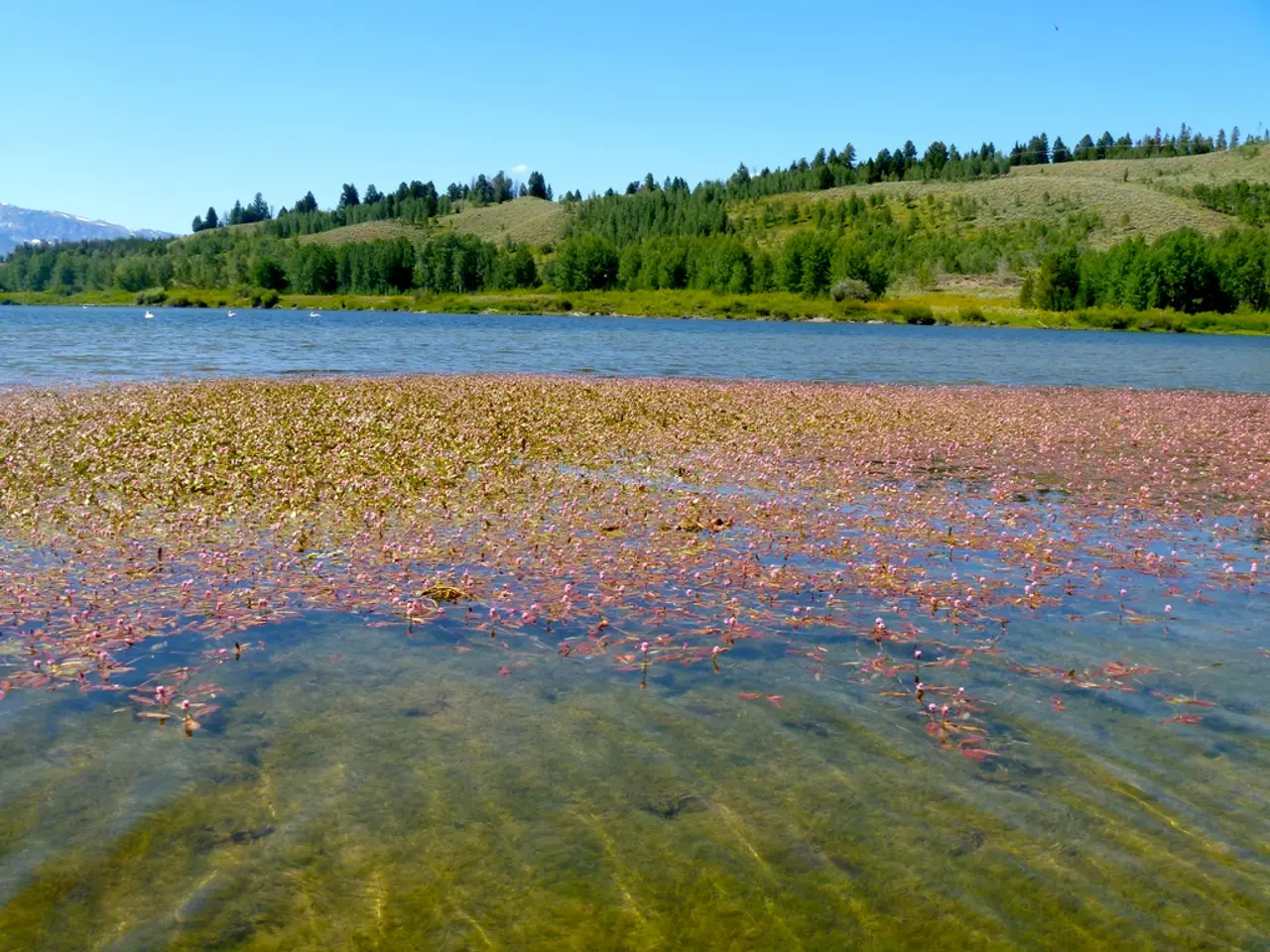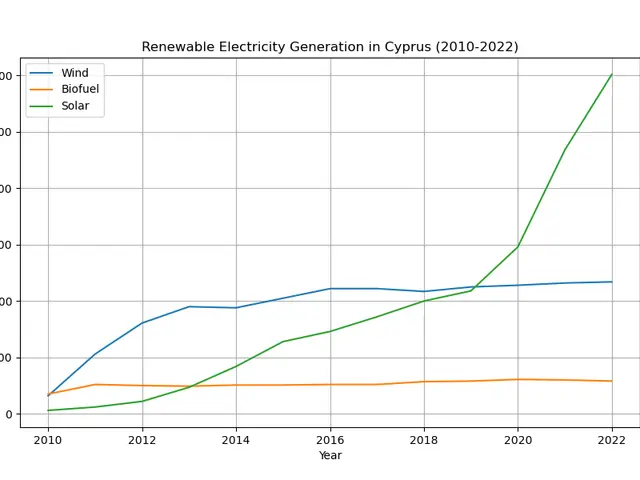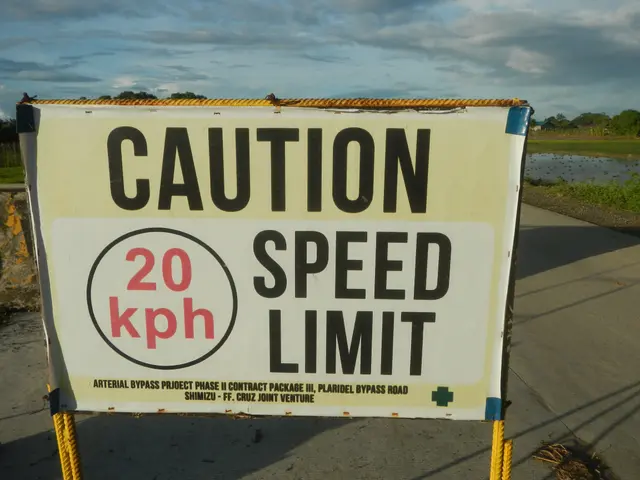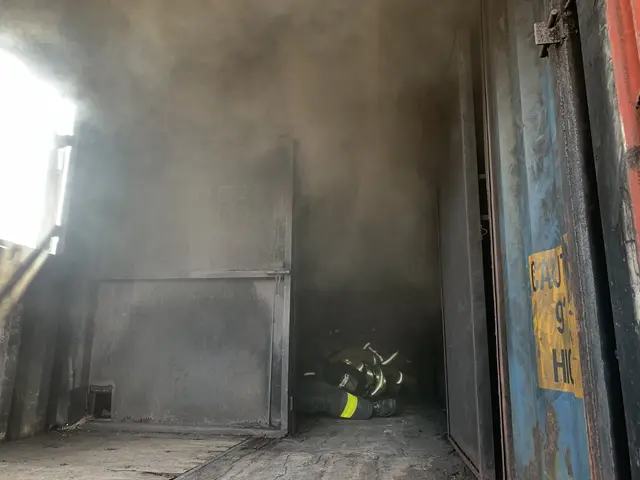5 Reasons We Adore Wetlands
Wetlands, often overlooked and undervalued, play a crucial role in our ecosystem and communities. These natural habitats serve as nature's kidneys, trapping and filtering harmful nutrients and hazardous chemicals before they reach our rivers, bays, and beaches [1]. They also act as sponges, storing as much as 1.5 million gallons of floodwater per acre [2]. This storage capacity is especially beneficial in coastal areas, where wetlands absorb floods and wave energy from storms, improving property protection by up to 20 percent [3].
Moreover, wetlands are responsible for filtering water before it heads to streams, rivers, and coasts, ensuring the quality of our drinking water [4]. This purification process is not only beneficial for our health but also for the health of our aquatic life.
The benefits of wetlands extend beyond their ecological role. Exposure and contact with natural environments, such as wetlands, are associated with better health and well-being [5]. Getting outside to enjoy these beautiful landscapes is not only a healthy choice but also a way to connect with nature and reap its therapeutic benefits.
Despite their importance, wetlands are under threat. The primary causes of wetland loss in the United States generally include urbanization, agriculture, infrastructure development, drainage, and climate change factors such as sea level rise and extreme weather [6].
On the West Coast, major drivers of wetland loss include urbanization, agriculture, commercial development, drainage, and infrastructure projects that fill or drain wetlands. These activities are often exacerbated by data gaps in wetland mapping, which hinder conservation efforts [2][3].
In Louisiana, wetland loss is primarily caused by a combination of natural subsidence (land sinking), storm impacts, and sea level rise. Human infrastructure like levees and shipping channels also contribute significantly to wetland degradation. Severe storms like hurricanes, invasive species, and the construction of shipping channels have caused about a quarter of Louisiana’s wetlands—an area the size of Delaware—to disappear in the last 100 years [1]. Since Hurricane Katrina in 2005, coastal erosion has been worsening, with roughly 200,000 acres lost. Louisiana’s wetlands serve as crucial buffers against hurricane storm surges [1].
In summary, wetland loss on the West Coast is mainly due to human land use changes like urban and agricultural development, while in Louisiana, natural subsidence, storm impacts, and sea level rise combined with human infrastructure like levees and shipping channels drive significant wetland degradation [1][2][3]. Both regions share impacts from climate change but differ in the dominant local causes.
It is essential to protect and preserve these vital habitats for the sake of our environment, our health, and our communities. Let's appreciate and cherish wetlands for their beauty and the invaluable services they provide.
Read also:
- Amidst India's escalating climate crisis, transgender individuals continue to persevere
- Germany's three-month tenure under Merz's administration feels significantly extended
- Governing body allegedly persists in enjoying vacation time amidst Spain's highest danger level due to fires, claims Feijóo
- United Nations Human Rights Evaluation, Session 45: United Kingdom's Statement Regarding Mauritius' Human Rights Record








